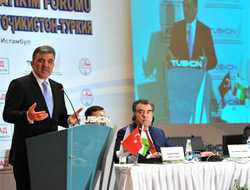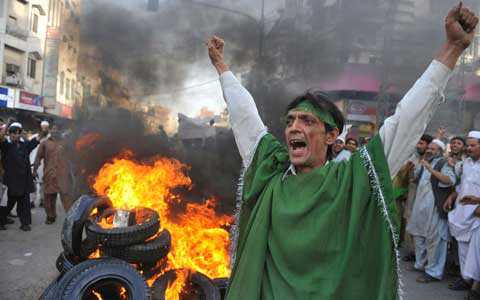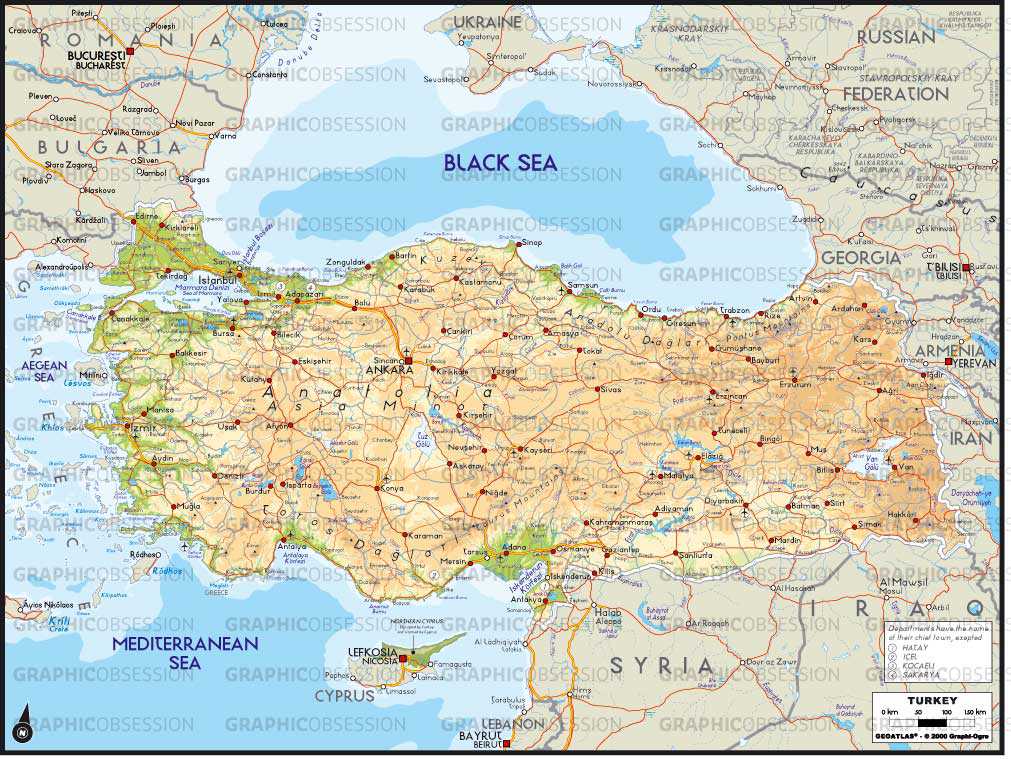TUSKON Chairperson Rizanur Meral, in his part, said that they accepted President Rahmon’s invitation to Tajikistan.
Thursday, 23 December 2010 11:32
 President of Tajikistan Emomali Rahmon said Wednesday that “without investments, it would not be possible to make use of Tajikistan’s natural and human potential”.
President of Tajikistan Emomali Rahmon said Wednesday that “without investments, it would not be possible to make use of Tajikistan’s natural and human potential”.
Speaking at the “Turkey-Tajikistan Trade and Investment Forum”, organized by the Confederation of Businessmen and Industrialists of Turkey (TUSKON) in north-western province of Istanbul, Rahmon said that “the Tajik government was doing all it can for investors”.
We expect great changes in joint commercial and economic spheres. The groundwork for such a change is ready. We, once again, invite you to Tajikistan. Any businessperson travelling to Tajikistan will not feel as a foreigner, Rahmon underlined.
The trade volume between Turkey and Tajikistan increased by two fold in 2010 when compared to the previous year. Nonetheless, the trade volume is far behind the trade volume in 2007 which was 500.5 million USD, Rahmon said.
Conditions are ripe to develop Turkish-Tajik commercial and economic relations. To date, Turkey has extended assistance worth 40 million USD to Tajikistan. There are 53 Turkish companies operating in Tajikistan, however, this number is very few, Rahmon said.
Tajikistan has taken crucial steps for commerce and investments. We can state that Tajikistan has entered a phase that businesspeople can have confidence in. Volatile days in Tajikistan are over, Rahmon said.
Tajikistan still faces certain problems in investments. Without investments, it would not be possible to utilize Tajikistan’s natural and human potential. We invite, once more, (Turkish) investors to Tajikistan, Rahmon said.
“Ready for cooperation”
Touching on Tajikistan’s natural resources, Rahmon stressed that there could be great opportunities to produce electricity in his country.
Tajikistan has the world’s richest silver mines. Certain mineral resources are being processed by companies from China and Canada. Many other mineral resources are currently waiting to be processed, Rahmon underlined.
We are ready to cooperate with Turkey. Turkish companies are presently involved in 60 projects in Tajikistan that are worth around four billion USD, Rahmon said.
TUSKON Chairperson Rizanur Meral, in his part, said that they accepted President Rahmon’s invitation to Tajikistan.
We will visit Tajikistan with a group of Turkish businesspeople in the first half of 2011, Meral also said.
“$317 mln-trade volume”
The Republic of Tajikistan is a mountainous landlocked country in Central Asia. Afghanistan borders it to the south, Uzbekistan to the west, Kyrgyzstan to the north, and People’s Republic of China to the east. Tajikistan also lies adjacent to Pakistan and the Gilgit-Baltistan region, separated by the narrow Wakhan Corridor.
Turkish President Abdullah Gul also said that Turkish businessmen should boost their investments in Tajikistan.
Gul said that Turkey and Tajikistan were eager to boost bilateral ties.
Gul said that Tajikistan had rich mines, marble reserves and water resources, stating that Turkish businessmen should make good use of numerous opportunities in this country.
Turkish businessmen should attach a special interest in this country, he said.
Trade volume between Turkey and Tajikistan was 317 million U.S. dollars in the first 10 months of 2010.
Most of Tajikistan’s population belongs to the Persian-speaking Tajik ethnic group, who share language, culture and history with Afghanistan and Iran. Once part of the Samanid Empire, Tajikistan became a constituent republic of the Soviet Union in the 20th century, known as the Tajik Soviet Socialist Republic (Tajik SSR). Mountains cover over 90% of this Central Asian republic.
After independence, Tajikistan suffered from a devastating civil war which lasted from 1992 to 1997. Since the end of the war, newly established political stability and foreign aid have allowed the country’s economy to grow. Trade in commodities such as cotton and aluminium has contributed greatly to this steady improvement.
AA




![[Australian] PM orders review of spy bodies 6 [Australian] PM orders review of spy bodies](https://www.turkishnews.com/en/content/wp-content/uploads/2010/12/australia_flag.jpg)
